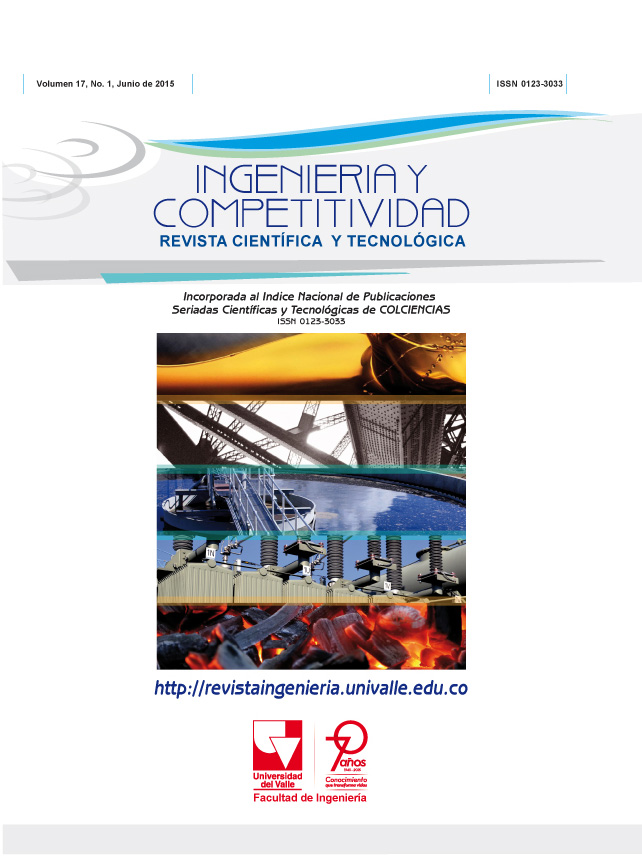Evaluación del impacto ambiental del uso de nanopartículas de alúmina como aditivo de mezclas biodiesel/diésel mediante análisis de ciclo de vida
Palabras clave:
ACV, biodiesel, combustión, nanopartículas de alúmina.Contenido principal del artículo
El Análisis de Ciclo de Vida (ACV) de un producto o proceso considera toda su historia, desde su origen como materia
prima hasta su final como residuo. En este trabajo, se empleó la metodología ACV para evaluar el impacto ambiental
por el uso de nanopartículas de alúmina como aditivo de mezclas de biodiesel-diésel, considerando la síntesis de
nanopartículas de alúmina a partir del método sol-gel. La evaluación de cada etapa del proceso se realizó mediante
el software SIMAPRO (método CML), para la determinación del potencial de impactos de cada una de las fases en
estudio. Aunque el uso de las nanopartículas generó una reducción de las emisiones de CO2, SO2 y material particulado
(MP), se observó un incremento en la mayoría de las categorías de impacto (acidificación, eutrofización y eco-toxicidad
acuática marina) durante la combustión, debido al aumento en las emisiones de NOx y el efecto tóxico de la fabricación
de las nanopartículas, comparado con la combustión sin el nano-aditivo, lo cual plantea el interrogante sobre si el uso de
nanotecnología integrada a la industria de biocombustibles representa una alternativa realmente renovable.
Downloads
Los autores que publican en esta revista están de acuerdo con los siguientes términos:
Los autores ceden los derechos patrimoniales a la revista y a la Universidad del Valle sobre los manuscritos aceptados, pero podrán hacer los reusos que consideren pertinentes por motivos profesionales, educativos, académicos o científicos, de acuerdo con los términos de la licencia que otorga la revista a todos sus artículos.
Los artículos serán publicados bajo la licencia Creative Commons 4.0 BY-NC-SA (de atribución, no comercial, sin obras derivadas).

